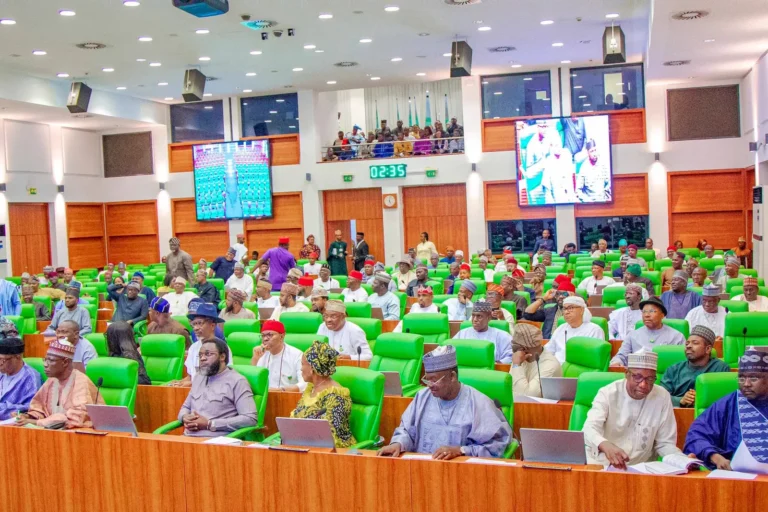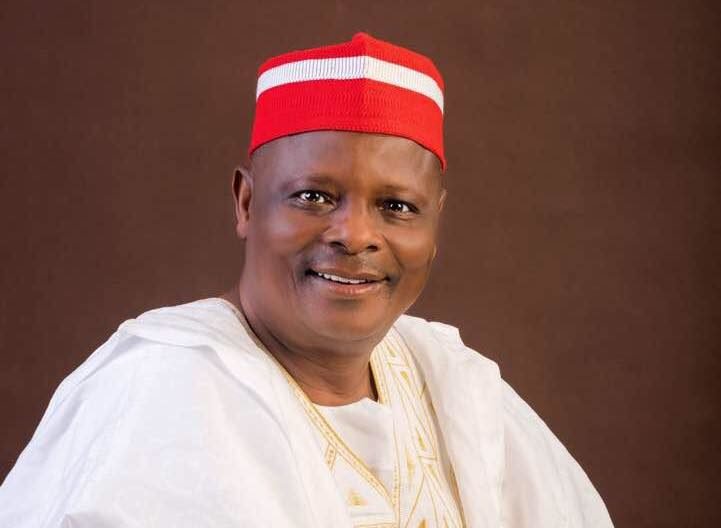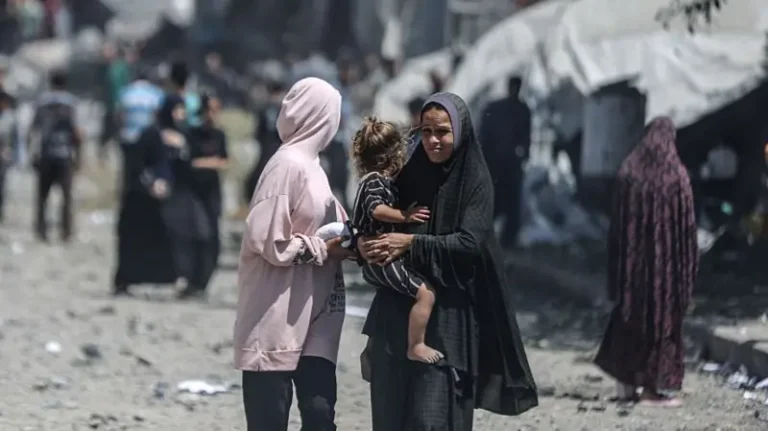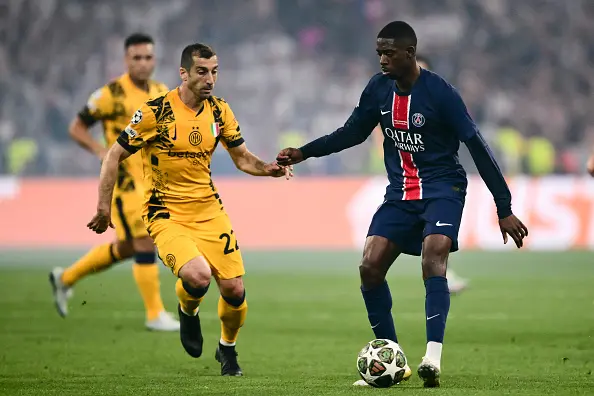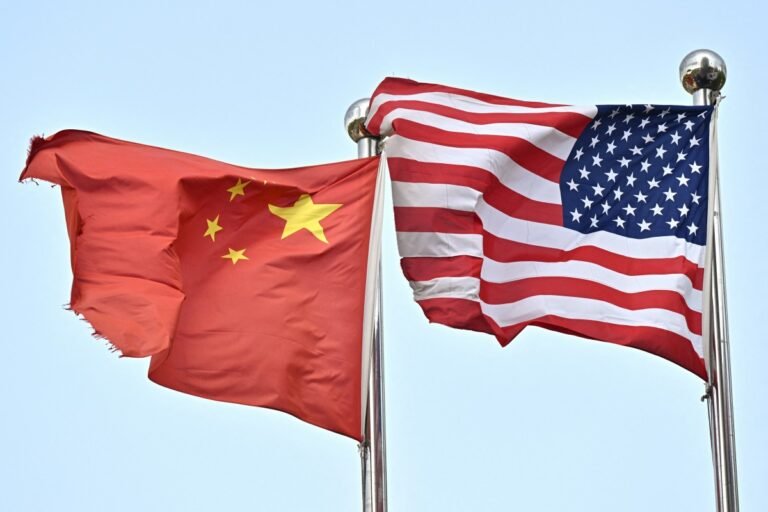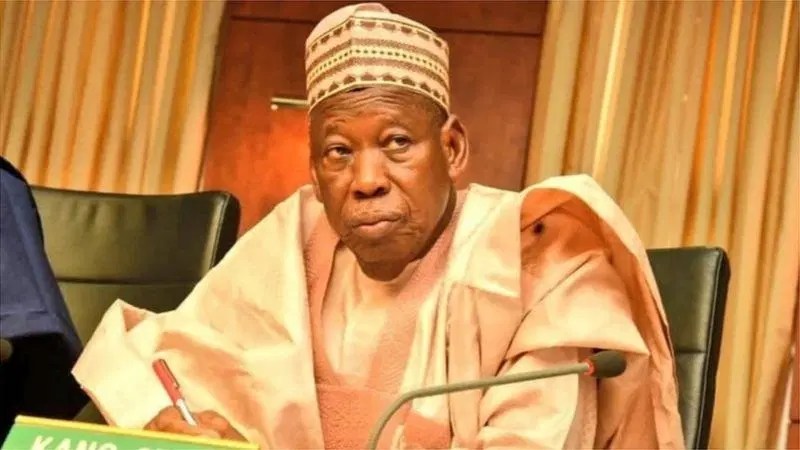
In a bold statement, the National Chairman of the All Progressives Congress (APC), Dr. Abdullahi Ganduje, has declared the opposition New Nigeria Peoples Party (NNPP) as “practically dead.” He also confirmed that the party’s leader, Dr. Rabiu Kwankwaso, is now seeking political redemption by returning to the ruling APC, describing his anticipated return as a “homecoming.”
🔥 NNPP’s Demise: Ganduje’s Stark Assessment
Speaking to a delegation from the Tinubu Support Group (TSG) on Tuesday in Abuja, Ganduje, a former governor of Kano State, was direct in his assessment of the NNPP. According to him, the party has been rendered politically irrelevant, and its eventual demise is imminent.
“The NNPP is dead, and it will soon be buried. Very, very soon. I am looking at where we will bury the body. The coffin has already been constructed. What remains now is to dig the grave, and already, they are digging the grave. Very, very soon,” Ganduje stated, underscoring the irreversible decline of the opposition party.
🏠 Kwankwaso’s Return to APC: A Homecoming
Ganduje, who himself was once an ally of Rabiu Kwankwaso during their time as governors of Kano State, revealed that despite their past fallout, the APC is ready to embrace Kwankwaso back into its fold. He framed Kwankwaso’s return to the party as a return to where he truly belongs.
“Even at that, the so-called NNPP national leader, he too, after losing everyone, wants to come back to us. We will welcome him because he is coming back home,” Ganduje added, signaling the APC’s readiness to accept Kwankwaso with open arms.
🔴 The End of the Road for NNPP
While Ganduje’s remarks emphasize the death of the NNPP, they also hint at the APC’s strategy of consolidating political power by bringing former rivals back into its fold. Kwankwaso’s potential return would bolster the party’s influence in the north, particularly in Kano State, a significant political stronghold.
📢 Political Fallout: Kwankwaso’s Struggles
Kwankwaso, once a dominant political figure in Kano, has seen his political fortunes wane following his break with the APC. His leadership of the NNPP, which was expected to challenge the dominance of the APC and PDP, has failed to gain significant traction. This move to APC reflects his political realignment after the collapse of the NNPP’s influence and following a series of defections from the party.

